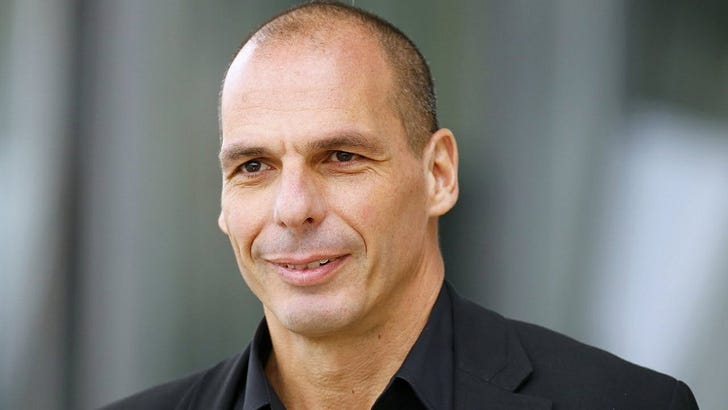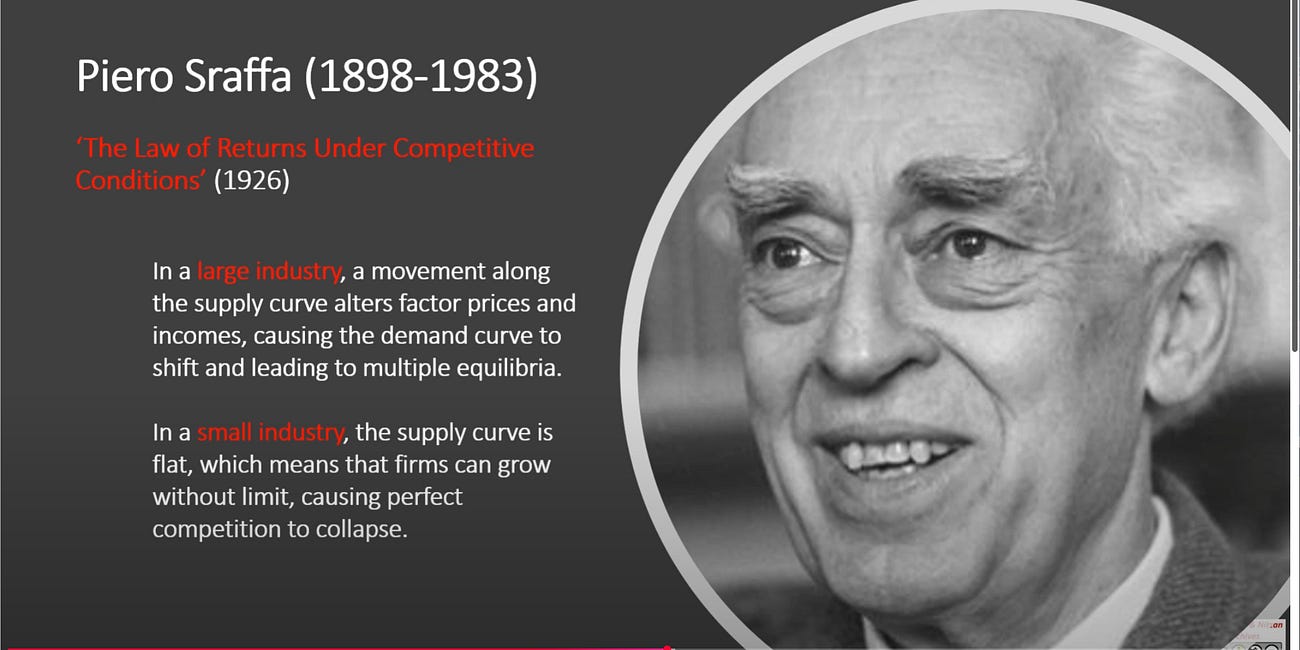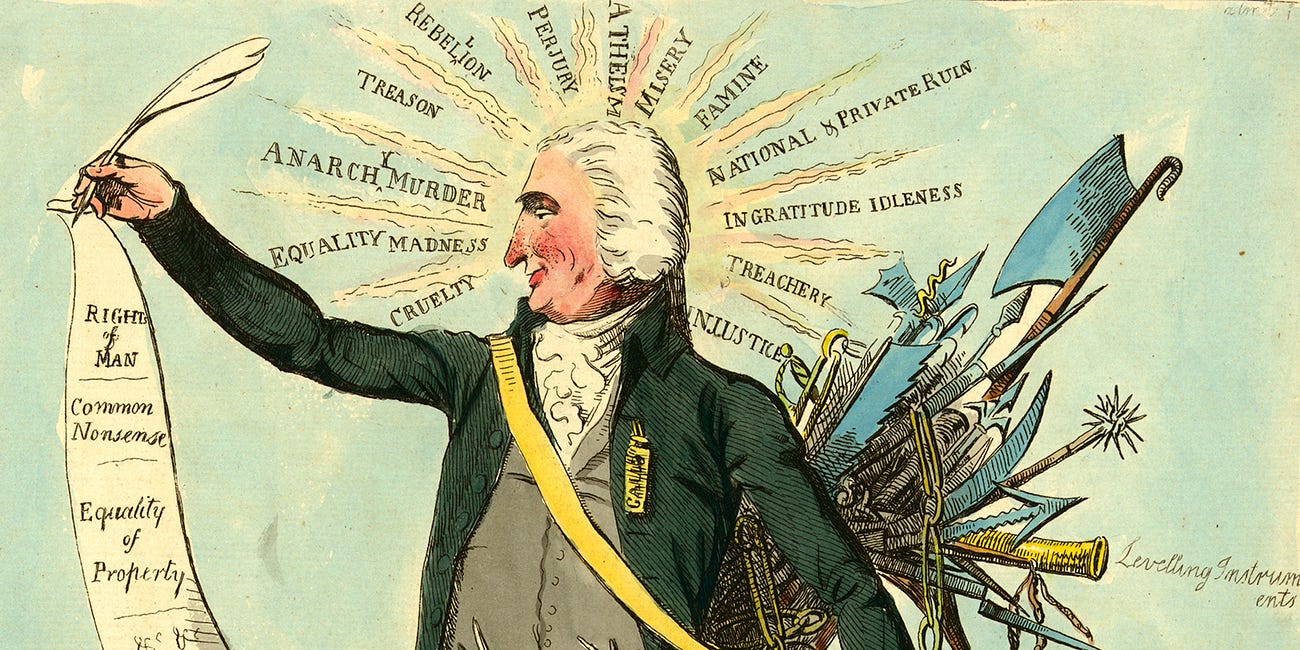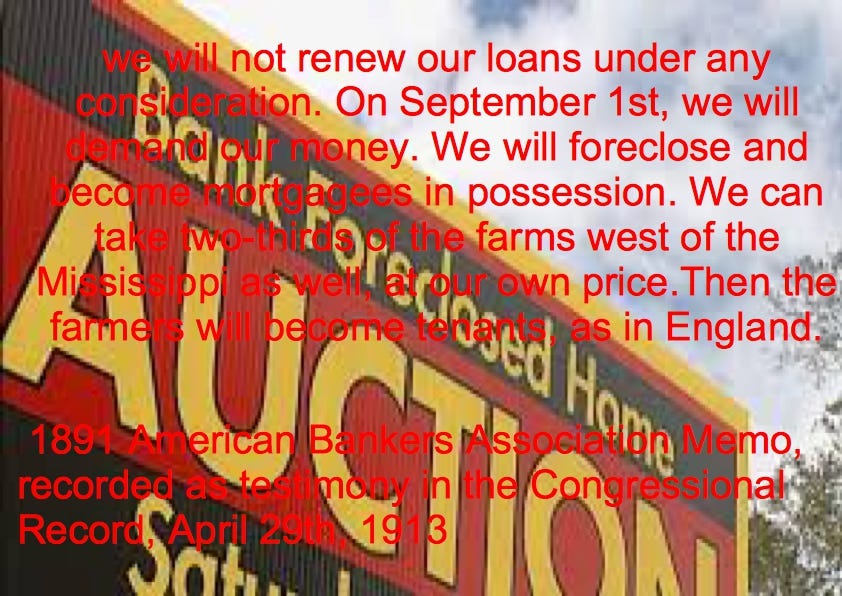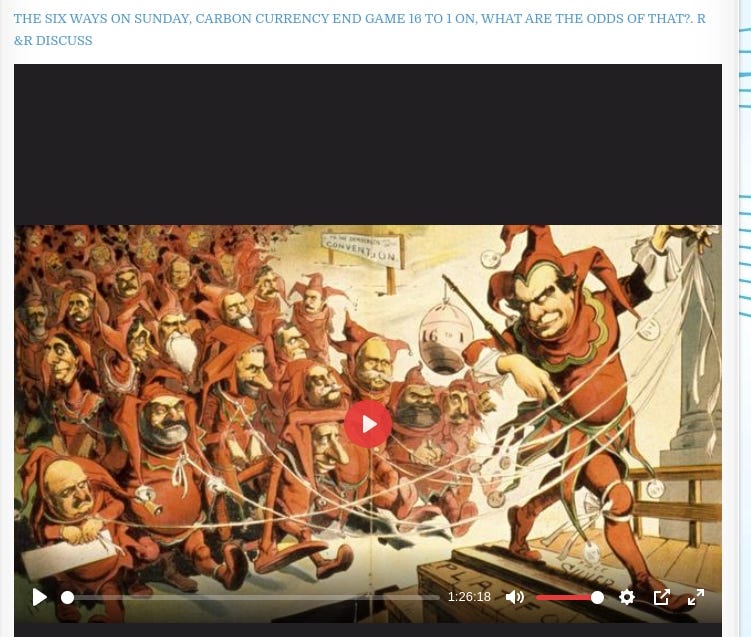The Money Myth Exploded Money is created as debt
This results in exponential growth of debt: P′=D(1+rt)2P′=D(1+rt)2
https://www.michaeljournal.org/masters.pdf
9. A problem in arithmetic
And so Oliver’s money went into circulation on the island. Trade, simplified by money, doubled. Everybody was happy. And the banker was always greeted with unfailing respect and gratitude. But now, let’s see... Why does Tom, the prospector, look so grave as he sits busily figuring with a pencil and paper? It is because Tom, like the others, has signed an agreement to repay Oliver, in one year’s time, the $200 plus $16 interest. But Tom has only a few dollars in his pocket and the date of payment is near. For a long time he wrestled with this problem from his own personal point of view, without success. Finally, he looked at it from the angle of the little community as a whole. “Taking into consideration everyone on the island as a whole,” he mused, “are we capable of meeting our obligations? Oliver turned out a total of $1000. He’s asking in return $1080. But even if we bring him every dollar bill on the island, we’ll still be $80 short. Nobody made the extra $80. We turn out produce, not dollar bills. So Oliver can take over the entire island, since all the inhabitants together can’t pay him back the total amount of the capital and the interest. “Even if a few, without any thought for the others, were able to do so, those others would fail. And the turn of the first person spared would come eventually. The banker will have everything. We’d better hold a meeting right away and decide what to do about it.” Tom, with his figures in his hand, had no difficulty in proving the situation. All agreed that they had been duped by the kindly banker. They decided upon a meeting at Oliver’s.
10. The benevolent banker
Oliver guessed what was on their minds but he put on his best front. While he listened, the impetuous Frank stated the case for the group. “How can we pay you $1080 when there is only $1000 on the entire island?” “That’s the interest, my friends. Has not your rate of production increased?” “Sure, but the money hasn’t. And it’s money you’re asking for, not our products. You are the only one who can make money. You’ve made only $1000, and yet you ask $1080. That’s an impossibility!” “Now listen, fellows. Bankers, for the greater good of the community, always adapt themselves to the conditions of the times. I’m going to require only the interest, which is only $80. You will go on holding the capital.” “Bless you, Mr. Oliver! Are you going to cancel the $200 each of us owes you?” “Oh no! I’m sorry but a banker never cancels a debt. You still owe me all the money you borrowed. But you can pay me the interest each year. If you meet the interest payments faithfully each year, I won’t push you for the capital. Maybe some won’t be able to repay even the interest because of the money changing hands among you. Well, organize yourselves like a nation. Set up a system of money contributions, what we call taxes. Those who have more money will be taxed more; the poor will pay less. See to it that you bring me, in one lump sum, the total of the amount of interest and I’ll be satisfied. And your little nation will thrive.” So our boys left, somewhat pacified but still dubious.
11. Oliver exults
Oliver is alone, deep in reflection. His thoughts go something like this: “Business is good. These boys are good workers but stupid. Their ignorance and naivety is my strength. They ask for money and I give them the chains of bondage. They give me flowers and I pick their pockets. “True enough, they could mutiny and throw me into the sea. But pshaw! I have their signatures. They’re honest and they will honor their pledges. Honest, hardworking people were put into this world to serve the Financiers. “Oh great Mammon! I feel your banking genius coursing through my entire being! Oh, illustrious master! How right you were when you said: ‘Give me control of a nation’s money and I won’t mind who makes its laws.’ I am the master of Salvation Island because I control its money.
Write a mathmatical proof that money at interest will see the users of money impoverished and the issuers enriched despoiling the producers of goods
masters.pdf
1.8 MB
Share
Monica
To prove that a system where money is issued as debt with interest leads to the impoverishment of the users of money (borrowers) while enriching the issuers (lenders or bankers), we can use a simple mathematical model.
Assumptions
Initial Debt: Let DD be the initial amount of money borrowed.
Interest Rate: Let rr be the annual interest rate (as a decimal).
Time Period: Let tt be the number of years the money is borrowed.
Total Payment: The total amount to be paid back after tt years will be
P=D(1+rt)P=D(1+rt).
Proof Steps
Total Amount Owed: After tt years, the borrower owes: P=D(1+rt)P=D(1+rt)
Total Money in Circulation: If DD is the total amount borrowed, the total money in circulation (including the borrowed amount) is DD. However, the total amount owed PP after tt years is greater than DD: P>DP>D
Shortage of Money: The borrower must repay PP but only has DD in circulation. This means:
P−D=D⋅rt>0P−D=D⋅rt>0
Therefore, there is not enough money in circulation to pay back the debt plus interest.
Consequences of Insufficient Money:
Since total money available (DD) is less than the total amount owed (PP), borrowers cannot repay their debts without acquiring additional money.
To acquire more money, borrowers may need to take out new loans, leading to a cycle of debt.
Cycle of Debt: Suppose the borrower takes another loan D′D′ to pay off the previous debt:
D′=P=D(1+rt)D′=P=D(1+rt)
The new debt will also accrue interest, and the cycle continues:
P′=D′(1+rt)=D(1+rt)(1+rt)P′=D′(1+rt)=D(1+rt)(1+rt)
This results in exponential growth of debt:
P′=D(1+rt)2P′=D(1+rt)2
Impoverishment of Borrowers: As borrowers take on more debt, they are left with less and less of their income to spend on goods and services, as a significant portion goes towards interest payments. This leads to:
Reduced purchasing power.
Increased dependency on lenders.
Enrichment of Issuers: The lenders, on the other hand, receive interest payments that are not tied to the actual production of goods. The more borrowers are in debt, the more wealth accumulates to the lenders:
Lenders accumulate wealth through interest payments.
They can invest this wealth, further increasing their financial power.
Conclusion
In a system where money is issued as debt with interest, the borrowers are inevitably impoverished due to the need to repay more than they borrowed, while the lenders become enriched through the collection of interest. This creates a cycle of debt that disproportionately benefits those who issue money, leading to greater economic inequality and the despoiling of producers of goods.
Thus, mathematically and economically, it can be shown that the structure of interest-bearing debt creates an unsustainable and exploitative financial system.
Money and what I make of it.Underlined, Full Stop!
Dear Diary ( Blog, Substack, internal conversation, zeitgeist, universe, God.),
Money does not initiate Economic activity, in all cases, it is an intermediary token or rain check
“Money does not initiate Economic activity, in all cases, it is an intermediary token or rain check which has profound effects on social relations and commerce between individuals and nations, but money is a mere Idea and can be anything we imagine it to be”.
Coogan - Money Creators - Who Creates Money - Who Should Create It (1935).pdf (PDFy mirror)
https://archive.org/details/pdfy-B9Et0XaYXDBCIFbB/page/n119/mode/2up?q=1893
The 99% Declaration: A Historical Reflection on Political Movements
Caricature of Thomas Paine, unknown artist, 26 December 1792.
“QUOD ERAT DEMONSTRANDUM”, DOUBLING BACK TO MAKE SENSE OF THE DOUBLING DOWN, DOUBLE SPEAK AND DOUBLE PLUS GOOD, BEWARE THOUGHT CRIME AHEAD!
We are here in an ever-decreasing circle of absurdity.
Sections From Tragedy and Hope. Sleepwalking into a 1930s debt deflation and fascist politics.
The Monetary Tactics of the Banking Oligarchy ( TO 1933)
The inability of the investment bankers and their industrial allies to control the Democratic Convention of 1896 was a result of the agrarian discontent of the period 1868-1896. This discontent in turn was based, very largely, on the monetary tactics of the banking oligarchy. The bankers were wedded to the gold standard for reasons we have already explained. Accordingly, at the end of the Civil War, they persuaded the Grant Administration to curb the postwar inflation and go back on the gold standard (crash of 1873 and resumption of specie payments in 1875). This gave the bankers a control of the supply of money which they did not hesitate to use for their own purposes, as Morgan ruthlessly pressurized Cleveland in 1893-1896. The bankers’ affection for low prices was not shared by the farmers, since each time prices of farm products went down the burden of farmers’ debts (especially mortgages) became greater. Moreover, farm prices, being much more competitive than industrial prices, and not protected by a tariff, fell much faster than industrial prices, and farmers could not reduce costs or modify their production plans nearly so rapidly as industrialists could.
The result was a systematic exploitation of the agrarian sectors of the community by the financial and industrial sectors. This exploitation took the form of high industrial prices, high (and discriminatory) railroad rates, high interest charges, low farm prices, and a very low level of farm services by railroads and the government. Unable to resist by economic weapons, the farmers of the West turned to political relief, but were greatly hampered by their reluctance to vote Democratic (because of their memories of the Civil War). Instead, they tried to work on the state political level through local legislation (so-called Granger Laws) and set up third-party movements (like the Greenback Party in 1878 or the Populist Party in 1892). By 1896, however, agrarian discontent rose so high that it began to overcome the memory of the Democratic role in the Civil War. The capture of the Democratic Party by these forces of discontent under William Jennings Bryan in 1896, who was determined to obtain higher prices by increasing the supply of money on a bimetallic rather than a gold basis, presented the electorate with an election on a social and economic issue for the first time in a generation. Though the forces of high finance and of big business were in a state of near panic, by a mighty effort involving large-scale spending they were successful in electing McKinley.
Money Power Seeks to Control Both Political Parties
There will Be Blood, Trump still Polishing J R Ewings Shoes
Land Use and Monetary Policy, The New Trifecta. Click to buy its well worth it.
#Money








